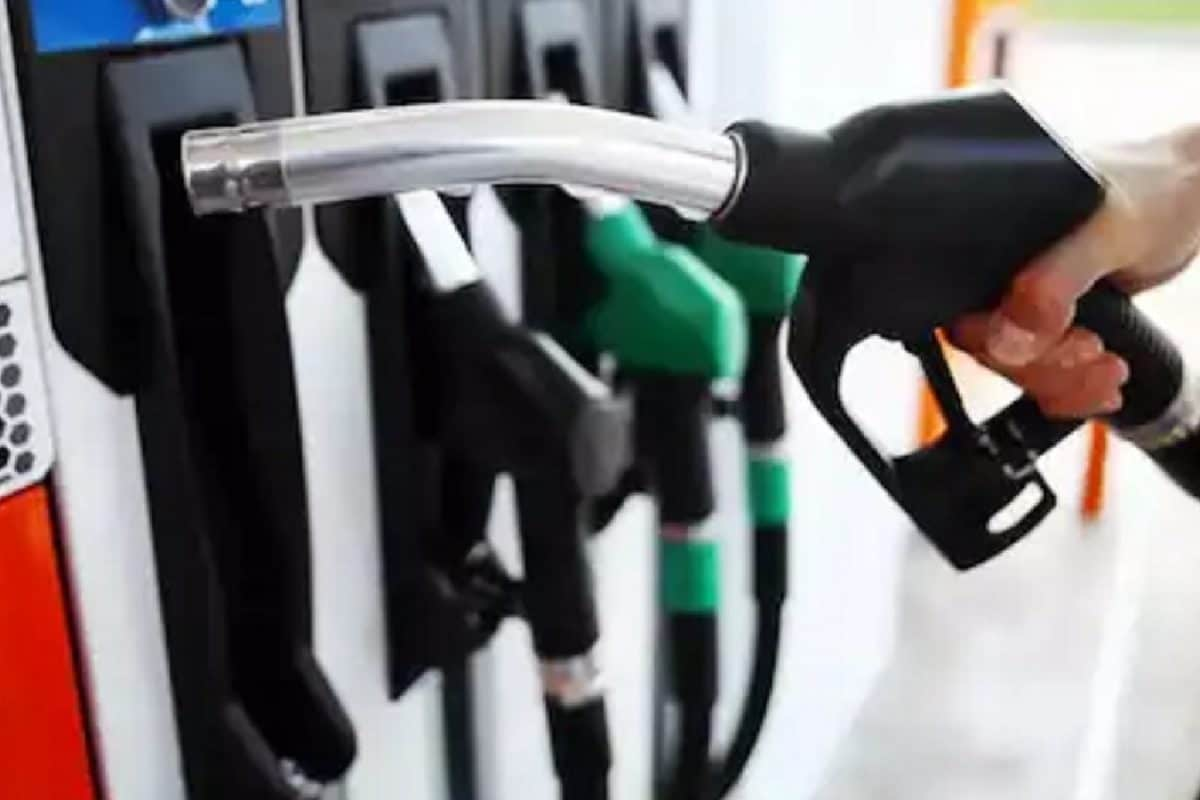

As of July 4, 2025, petrol and diesel prices across India remain subject to daily revisions, a practice known as dynamic fuel pricing, implemented in June 2017 to enhance transparency. These prices are influenced by a combination of factors, including international crude oil prices, the rupee-to-dollar exchange rate, and geopolitical events.
Metro City Prices
Here's a quick look at petrol prices in some of India's major cities:
It's important to note that these prices can vary slightly depending on the source and the time of day.
Factors Affecting Price
Several components contribute to the retail selling price of petrol and diesel in India:
State-Wise Variations
The final price consumers pay differs across states due to variations in VAT and other local levies. As of July 4, 2025, the highest petrol prices in India are in Andhra Pradesh (₹109.47 per liter) and Telangana (₹108.01 per liter). Andhra Pradesh also has the highest diesel price at ₹97.30 per liter.
Dynamic Pricing
The dynamic fuel pricing model allows for daily price adjustments based on market conditions. This system aims to limit speculation and ensure that price changes reflect current market realities. Daily revisions occur at 6 AM.
Global Context
Global crude oil prices play a crucial role in determining domestic fuel prices. Events such as geopolitical tensions, supply chain disruptions, and changes in international production levels can all impact the cost of crude oil and, consequently, petrol and diesel prices in India. For example, easing tensions in the Middle East and increased oil production from OPEC can lead to falling prices.
Trends and Forecasts
Recent data indicates a mixed bag of trends. In Nova Scotia, gas prices are expected to decrease while diesel prices are expected to increase. In the United States, GasBuddy's Independence Day forecast projects a national average gasoline price of $3.15 per gallon, the lowest since 2021.
Impact of Government Policies
The Indian government deregulated petrol and diesel prices, so prices are determined by the market. However, the government can influence prices through changes in excise duties and taxes. Union Oil Minister Hardeep Singh Puri has suggested that Indian Oil Marketing Companies (OMCs) have the potential to reduce petrol and diesel prices if global crude prices remain low.